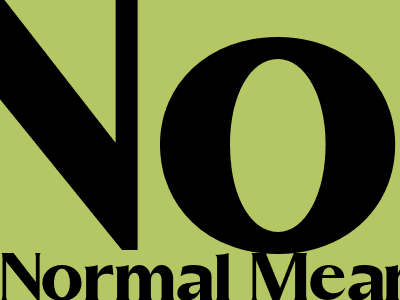The Ultimate Guide to Mastering SEO: Boost Your Website's Visibility and Rank Higher in Search Results
Discover all you need to know about Search Engine Optimization (SEO) to improve your website's ranking and drive more traffic.
Table of Contents
- Introduction to SEO
- On-Page SEO Techniques
- Off-Page SEO Strategies
- Technical SEO for Improved Crawlability
- Essential SEO Tools and Resources
- Conclusion: Achieving SEO Success
Introduction to SEO
In today's digital landscape, having an online presence is not enough. Search Engine Optimization (SEO) has become crucial for businesses and individuals to increase their visibility, attract potential customers, and drive organic traffic to their websites.
SEO involves optimizing your website and its content to rank higher in search engine results pages (SERPs) such as Google, Bing, and Yahoo. By implementing effective SEO strategies, you can improve your website's authority, relevance, and user experience, resulting in better search rankings and increased organic traffic.
On-Page SEO Techniques
On-page SEO focuses on optimizing elements within your website that you have direct control over, such as content, structure, and HTML code.
- Keyword Research and Optimization: Identifying relevant keywords and incorporating them into your content, meta tags, and URLs helps search engines understand the topics covered on your website.
- Content Quality and Relevance: Creating high-quality, informative, and engaging content that meets the search intent of users is essential for improved rankings and user engagement.
- Page Structure and Navigation: Organizing your website with a clear structure, easy-to-navigate menus, and internal linking helps search engines crawl and index your content effectively.
- Image Optimization: Optimizing images using descriptive file names, alt texts, and appropriate file formats improves accessibility for search engines and enhances user experience.
Off-Page SEO Strategies
Off-page SEO refers to optimization techniques that occur outside of your website, such as building backlinks and improving your online reputation.
- Backlink Building: Acquiring high-quality backlinks from reputable websites signals to search engines that your website is authoritative and trustworthy, leading to improved rankings.
- Social Media Engagement: Actively engaging with your audience on social media platforms can help build brand awareness, drive traffic to your website, and improve your overall online visibility.
- Local SEO: Optimizing your website for local search results is crucial for businesses that serve a specific geographic area. This involves creating local listings, optimizing for local keywords, and building relationships with local businesses and influencers.
- Reputation Management: Monitoring and managing your online reputation through customer reviews, social media presence, and responding to negative feedback can positively impact your SEO rankings and build trust with potential customers.
Technical SEO for Improved Crawlability
Technical SEO involves optimizing your website's technical aspects to ensure search engines can easily crawl, index, and understand your content.
- Website Speed and Performance: A fast-loading website provides a better user experience and improves your SEO ranking as search engines prefer websites that load quickly.
- Mobile Optimization: With the increasing use of mobile devices, ensuring your website is mobile-friendly is crucial for improved user engagement and SEO performance.
- XML Sitemap Creation: Creating an XML sitemap provides a clear roadmap for search engines to crawl and index all important pages on your website.
- Structured Data Markup: Using structured data markup such as Schema.org helps search engines understand the meaning and context of your content, leading to richer search results.
Essential SEO Tools and Resources
To effectively implement SEO strategies, various tools and resources are available to assist you:
- Google Search Console: A free tool from Google that provides insights into your website's performance in search results and helps identify and fix technical issues.
- Google Analytics: A powerful analytics tool that provides valuable data about your website's traffic, user behavior, and conversion rates.
- Keyword Research Tools: Tools like Google Keyword Planner, Ahrefs, and SEMrush help you identify relevant keywords and understand their search volume and competition.
- Backlink Analysis Tools: Moz, Ahrefs, and Majestic provide insights into your website's backlink profile, helping you identify opportunities for link building and monitor your competition.
Conclusion: Achieving SEO Success
Mastering SEO is an ongoing process that requires continuous effort and adaptation to the evolving search landscape.
By implementing the strategies outlined in this guide, you can significantly improve your website's visibility, drive more organic traffic, and establish your online presence as a trusted and authoritative resource in your industry.
Remember to focus on creating valuable content, building high-quality backlinks, and optimizing your website's technical aspects. Regularly monitoring your results, analyzing data, and making data-driven adjustments will help you stay ahead in the competitive world of search engine optimization.

Komentar